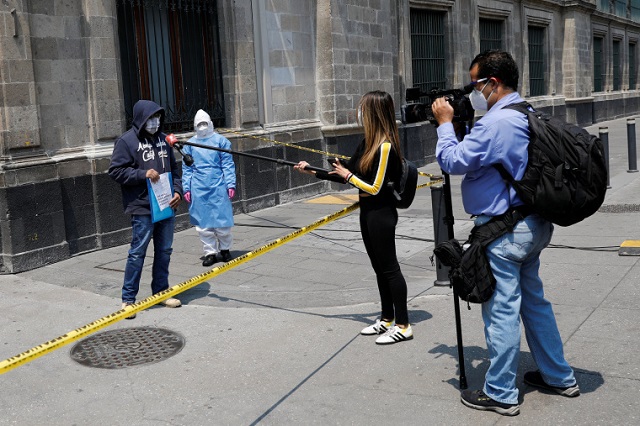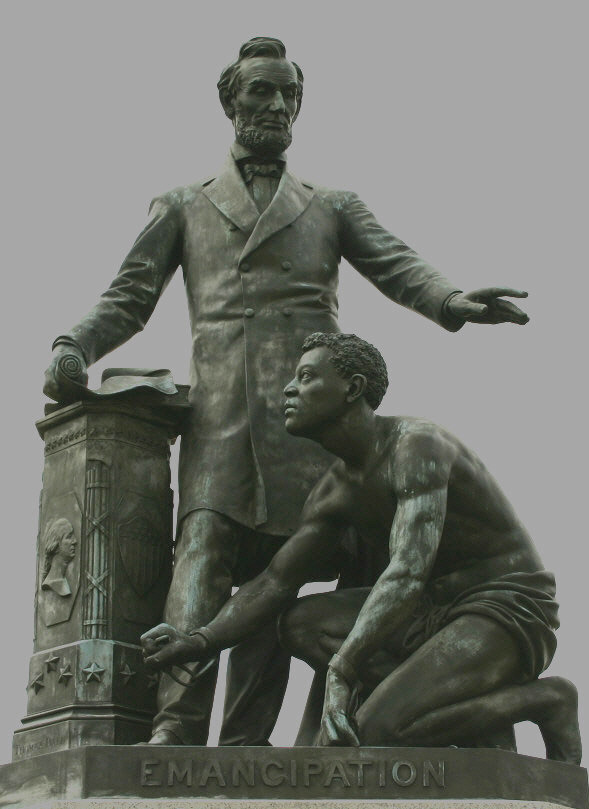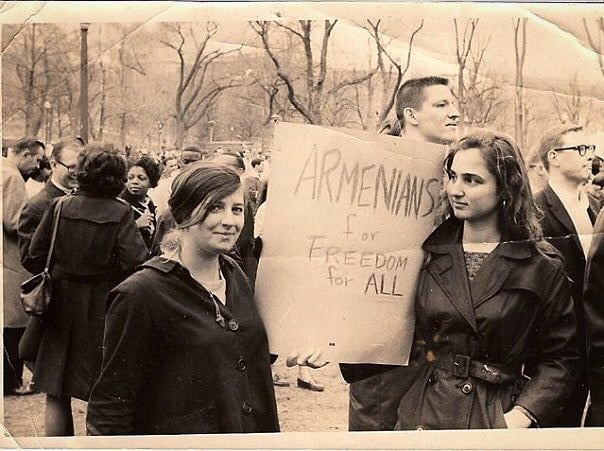The Armenian Weekly. In doing anti-racist work, the question often arises within immigrant communities of how to discuss systemic racism with older family members who may have little exposure to the vocabulary of social justice movements. Thus enters Letters for Black Lives.
Letters for Black Lives was born in 2016 in response to the murder of Philando Castile by a police officer in St. Paul, Minnesota. A group of Asian Americans recognized the persistence of anti-Black sentiment within their communities and desired to ignite a conversation about the importance of building intergroup solidarity with the Black Lives Matter movement across racial lines.
They collaborated to write an intergenerational letter voicing their concerns and support for the Black community. “Dear Mom, Dad, Uncle, Auntie: Black Lives Matter to Us, Too,” the heading of the letter reads. The letter continues to address the misconceptions and prejudices that prevent members of Asian American communities from voicing their support for Black Lives Matter and to explain how violations of the rights of Black people represent an egregious deprivation of justice that concerns everyone. “When someone is walking home and gets shot down by a sworn protector of the peace—even if that officer’s last name is Liang—that is an assault on all of us, and on all of our hopes for equality and fairness under the law,” the letter states, referencing the conviction of police officer Peter Liang in the fatal shooting of Akai Gurley that same year. Volunteers translated that letter into more than 20 languages, including Arabic, Chinese, Spanish and Hindi.
In response to the murder of George Floyd in May of 2020 and heightened attention on systemic racism and police violence, the 2016 letter resurfaced on social media. Organizers reconvened in the Letters for Black Lives Slack to collectively work on a new 2020 edition of the letter that would speak to the national moment while expanding the reach of the project. A new letter template was written, and approximately 400 individuals volunteered to translate the letter to more than 50 languages, including Eastern Armenian and Western Armenian.
Read also
“Letters for Black Lives is fundamentally an expression of love and solidarity,” the website for the initiative states. “It is an expression of love for our families and our communities. Love for our Black family members and friends. And solidarity with the Black community whom we have seen stand up to injustice around the world to fight for equity.”
Every translation is culturally contextualized to speak to the specific experiences of the community for which it is written. It hopes to spark empathy and understanding among individuals who have not seen police brutality as “their problem” or have even been anti-Black themselves, by communicating with them on familiar and comprehensible terms.
The Black Lives Matter protests have catalyzed a moment for reflection upon the relationship between the Armenian Diaspora community and racism. Armenian activists and scholars have hosted forums exploring how Armenians can be allies to the movement, written op-eds promoting racial justice and released statements of solidarity. Yet it can be difficult to translate that activism outside of the home to advocacy within one’s family.
Mariam Avagyan, a Ph.D. candidate at Columbia University and Kooyrigs team member who helped translate the Eastern Armenian letter, attributed the difficulty that young Armenians face in starting conversations with their parents about social justice issues to intergenerational cultural gaps.
“We often hear the Armenian phrase [from our parents], ‘take it easy, why do you care?’ <<Թեթև տար, ինչի՞դ է պետք։>>” she stated in an email interview. She proposed that this attitude stems not from ignorance or indifference, but rather from fear and protectiveness.
However, she firmly asserted that this is not an excuse to avoid activism and social advocacy, and hopes that Letters for Black Lives can help inspire conversations and bridge language barriers between children and their parents.
“It is hard enough to talk about issues like this at all, let alone in Armenian, when many keywords regarding movements simply do not exist yet. More often than not, we don’t even know how to refer to terms in Armenian,” she said. “LFBL [Letters for Black Lives] in Armenian will solve this problem and give the words and encouragement our youth need to talk about issues they care about with their families. After all, this conversation could become a start of a deeper connection between children and their parents. I truly hope this letter supports our youth and encourages them to speak about things they care about with their parents, no matter what their response may be.”
Avagyan expressed a moral obligation to help those in need, no matter what the need is. She attributed that duty to her upbringing in Armenia, where an emphasis was always placed on helping others and supporting one’s community. In fact, according to Avagyan, generosity is an innately Armenian quality.
“Every time my mother baked anything, we shared it with our neighbors who were having financial difficulties. It’s just what we do—we care and therefore help and support those around us.”
Many of the Letters for Black Lives are written for immigrant communities for whom racist violence is not an unfamiliar phenomenon and who have experienced incredible hardships in coming to the United States. Avagyan articulated that her moral sensibilities stem from her acute knowledge of the dark periods of Armenian history.
“I come from a culture that has endured kind of oppression that few in the world have — a Genocide. Even before and after the Genocide, we have been killed for simply being Armenian,” she explained. “I care deeply for human rights, and I cannot sit silently when injustices happen in front of me, no matter who is involved.”
Letters for Black Lives embodies this sentiment of appreciating the resilience and richness of one’s heritage while recognizing the interconnection between the difficulties faced by different communities. Indeed, the Armenian letter acknowledges that many of the hardships faced by Armenian immigrant families in the United States are the product of a white supremacist system that everybody has an imperative to help dismantle.
“I am eternally grateful for the struggles you have endured in a country that has not always been kind to you. We have been blamed for bringing poverty, disease, terrorism, and crime. You’ve suffered through a prejudiced America so that I could have a better life,” the English language version of the Armenian letter states. “But these struggles also make it clearer than ever that we are all in this together, and we cannot feel safe until our Black friends, loved ones, and neighbors are safe. The world that we seek is a place where we can all live without fear.”
























































